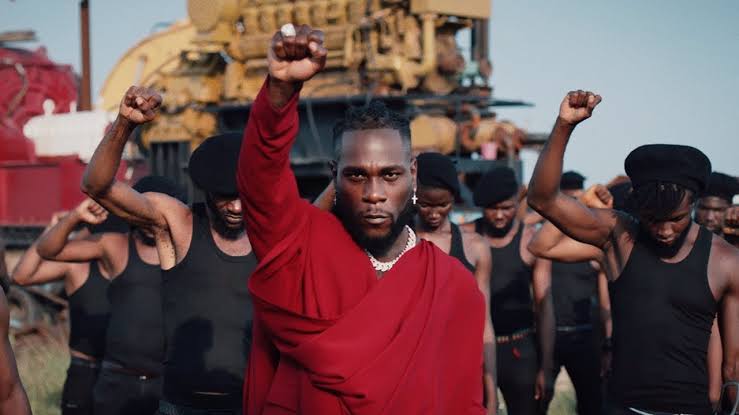Critiquing one’s government is an age-old tradition, and Nigerian artists have elevated this practice to an art form. Through melodies that echo dissatisfaction and verses that cry for change, they’ve made fame while resonating with the collective grievances of their nation. From the legendary Fela Kuti to the modern-day voices, they have used their influence to shed light on the flaws and malpractices within the Nigerian government.
Since the 1970s when Fela reigned supreme, challenging the military dictatorship through his music, artists in Nigeria have bravely confronted the government’s ill behavior and corrupt practices. On this auspicious occasion of Independence Day, let’s reminisce about five instances where Nigerian artists employed their songs to question the actions of the government.
1. Falz ft Vector in “Mr Yakubu”
In a scathing response to the electoral malpractices and corruption within the Independent National Electoral Commission (INEC) during the 2023 elections, Falz and Vector teamed up to release “Mr Yakubu” earlier this year. The track humorously highlights the government’s shortcomings, showcasing Falz’s consistency in using his music to call out the authorities.
2. Fela in “Sorrows, Tears and Blood” & “Zombie”
The iconoclastic Fela Anikulapo-Kuti was a maestro in mocking the military regime of the 70s and 80s. Through “Zombie” and “Sorrows, Tears and Blood,” Fela critiqued the blind obedience of soldiers to their superiors and the chaos brought by military rule. Despite facing suppression, Fela’s fearless commitment to exposing governmental failures made a lasting impact.
3. African China in “Government Bad” & “Mr President”
African China, in the early 2000s, used his music to plea for the government to address the suffering of Nigerians. Through “Government Bad” and “Mr President,” he artfully depicted the struggles faced by the average citizen, particularly the scourge of unemployment. His foresight in highlighting Nigeria’s challenges remains relevant today.
4. Eedris Abdulkareem in “Jaga Jaga”
Eedris Abdulkareem wasted no time in expressing his discontent, succinctly summarizing Nigeria as a nation struggling under subpar leadership. His song “Jaga Jaga” powerfully conveyed the frustrations of the common man, despite being banned from the airwaves by the then-president Olusegun Obasanjo.
5. Burna Boy in “Collateral Damage,” “20.10.20,” and “Monsters You Made”
Burna Boy’s activism extends beyond the music, addressing issues such as police brutality and the government’s role in fostering a parasitic society. His songs, accompanied by poignant visuals, encapsulate the pain inflicted by Nigeria’s flawed system.
Nigeria, though shattered in many ways, can take pride in its rich musical heritage. As Afrobeats gains global recognition, our artists stand as beacons of both discontent and hope. This Independence Day, we celebrate not only the spirit of freedom but also the power of music that unites and amplifies our voices. It’s a harmonious win for us. Happy Independence Day, Nigeria! 🎵🇳🇬

